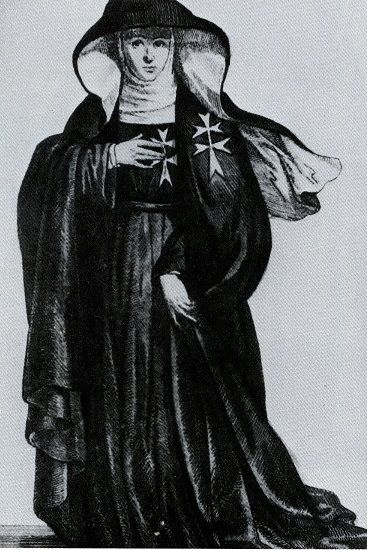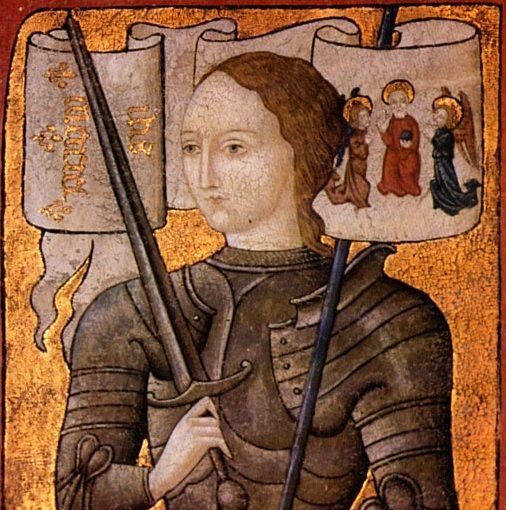


As far as the military campaigns went, women played virtually no part in the crusades. From the beginning of the movement popes had urged women, the poor, and the elderly to stay home lest they burden the warriors on their difficult journey. Of course, this advice was sometimes ignored. A few extremely wealthy women took the cross in order to accompany their powerful husbands. These included Eleanor of Aquitaine on the Second Crusade and Marie of Flanders on the Fourth Crusade. Yet these were the remarkable exceptions. There is no doubt that women could be found traveling along with every crusade. These were the cooks, washerwomen, and other servants necessary to support the army. It is not clear, however, whether these were customarily brought from Europe or simply hired along the way. They do not appear to have taken a vow and therefore were not themselves crusaders. As might be expected, an army of thousands of men also naturally attracted “camp followers,” in other words, prostitutes who flocked to the crusaders to sell their services. These were so much part of the regular landscape that medieval chroniclers never bother to mention them except in relation to several prebattle purifications of a crusade army, when the prostitutes would be expelled from the camp.
Women began to take a more active role in the crusades in the thirteenth century. It was then that Pope Innocent III sought to harness the efforts of all Europeans for the success of the crusades. Women, who could not physically join a crusade, could take part in fasting, prayer, and monetary donations for the benefit of the holy cause. In so doing they could contribute to the war from the home front. To further support the crusades, however, Innocent also took away a traditional right of married women. Church law had previously held that a man’s vow to crusade was valid only with the consent of his wife, since the man’s absence would deprive her of her conjugal rights. By the time of the Third Crusade this had led to many instances of abuse. For example, a man after listening to a crusade preacher and being caught up in the moment might swear the cross. The next day, however, he would think better of his decision and look for some way to avoid the dangers of a crusade. The traditional woman’s right gave him that opportunity. He could simply report that his wife had refused to give her consent and thus nullify his vow. Innocent’s decree closed that loophole. Innocent had begun the practice of allowing those unfit for military service to pay to outfit and supply a warrior for the crusade and thereby share in the crusade indulgence. This practice was expanded by his successors, particularly Gregory IX (1227–41). In order to raise funds for crusading, popes began encouraging all Christians, including women, to take the cross. The vow would then be “redeemed.” In other words, for a donation of money to support the crusade the vow was commuted, usually the day after it was originally taken. Men capable of bearing arms generally could not have their vows redeemed. Yet this was not true for women, who could always pay to be relieved of the cross. This practice allowed women to take a much more active role in the rituals of the crusade as well as its financial support. Indeed, crusade preachers soon began addressing their sermons to women, urging them to take the cross just as their husbands, brothers, or fathers had done in the past.


A more active role in the crusades, and changes to avoiding enlistment



Share in the crusade indulgence


